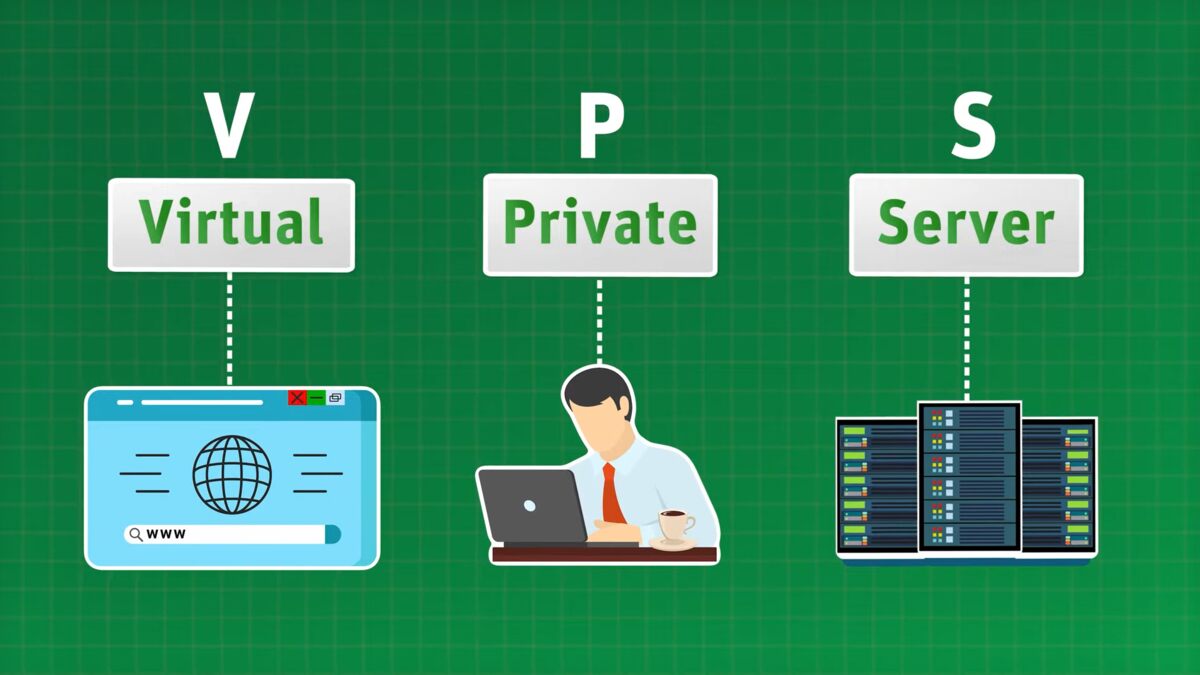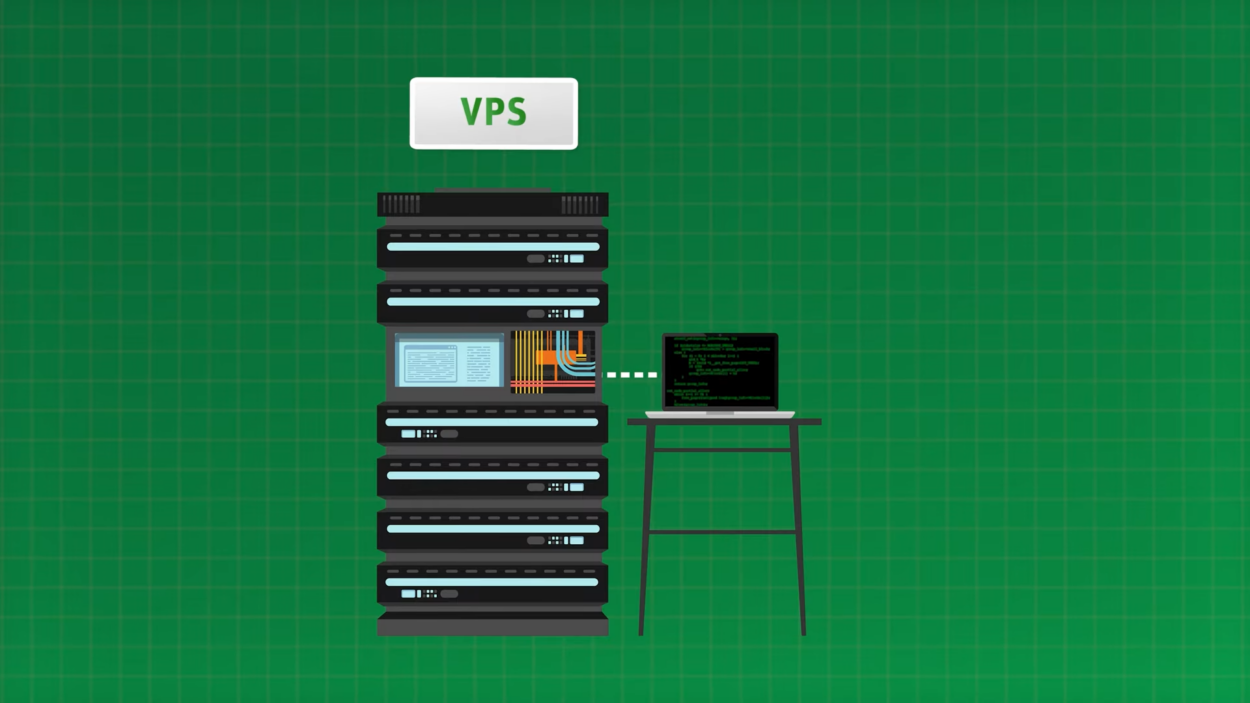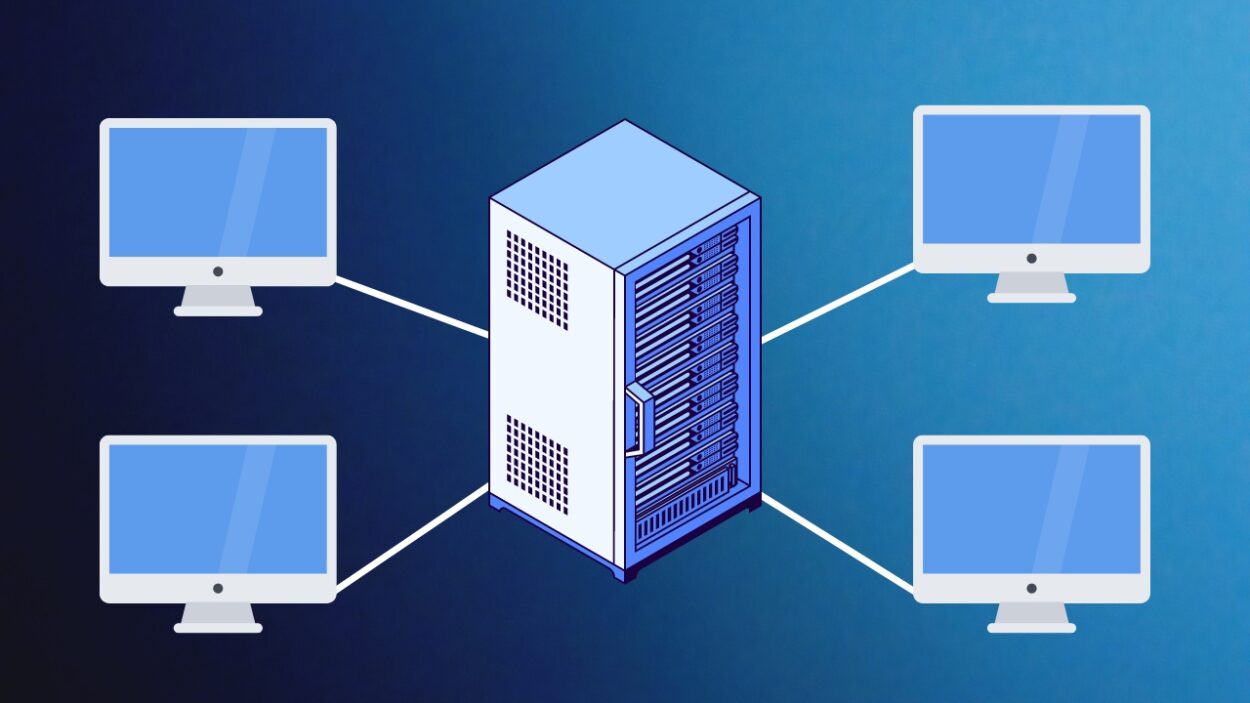In the realm of web hosting, Virtual Private Servers (VPS) have emerged as a powerful and flexible solution. This blog post delves into the myriad applications of VPS servers, while also offering strategic advice for harnessing their full potential.
VPS servers, standing at the intersection of affordability and performance, offer a unique blend of features that make them an indispensable tool for a variety of online projects.
The Role of VPS in Modern Web Hosting
A Virtual Private Server server is a unique entity in web hosting, partitioning a single physical server into multiple virtual servers. Each VPS functions independently, with its own operating system, resources, and configurations.
This setup provides a level of control and performance that closely mirrors that of a dedicated server, but at a fraction of the cost.
For those interested in exploring specific VPS plans and pricing options, www.vpsserver.com offers a comprehensive range of choices catering to different needs and budgets.
The Versatility of VPS Usage
- Hosting Websites: One of the primary uses of VPS servers is website hosting. Unlike shared hosting, where resources are distributed among multiple users, a VPS offers dedicated resources. This ensures better performance and stability, especially for websites with medium to high traffic, e-commerce sites, or those with complex applications.
- Hosting Servers for Gaming: Gaming communities often turn to VPS servers to host their games. The reason? The flexibility to install specific gaming software, control over server configuration, and the ability to handle multiple players without lag.
- Supporting Business Operations: VPS servers are invaluable for businesses. They host customer relationship management (CRM) systems, enterprise resource planning (ERP) systems, and other business applications. The customization and scalability of VPS servers make them ideal for businesses with growing or fluctuating needs.
How to Maximize the Potential of Your VPS Server?
Optimize Server Performance
- Choose the Right Operating System: Select an operating system that aligns with your technical skills and the requirements of your applications. Linux variants are popular for their flexibility and lower cost, while Windows servers are preferable for those requiring Microsoft-specific applications.
- Regularly Update and Maintain: Keeping your VPS updated ensures security and performance. Regular maintenance includes updating the OS, applications, and security patches. This proactive approach prevents vulnerabilities and keeps your server running smoothly.
Enhance Security
- Implement Robust Security Measures: A VPS server, like any other server, is susceptible to security threats. Implementing firewalls, regularly updating software, and using secure passwords are basic steps. For enhanced security, consider using encryption for data transmission and regularly backing up data.
Boost Efficiency with Control Panels
The Power of Control Panels
Control panels like cPanel or Plesk simplify server management. They provide a user-friendly interface for managing websites, databases, and email accounts.
This can be particularly beneficial for users who may not be comfortable with command-line management.
Are There Any Limitations to a VPS Server?
Like any technology, Virtual Private Servers have their limitations. Resource constraints are one; while a VPS provides more resources than shared hosting, it still shares a physical server with other Virtual Private Servers.
Additionally, managing a VPS requires a certain level of technical expertise, especially for unmanaged VPS hosting.
Advanced Tips for VPS Maximization
Customizing Your VPS for Specific Needs
Customization is key in optimizing a Virtual Private Server. This means fine-tuning the server settings to match the specific requirements of your applications.
For instance, adjusting memory allocation, tweaking Apache settings, or optimizing database performance can lead to significant improvements in speed and efficiency.
Resource Allocation
Effective resource management is crucial for VPS performance. Monitoring and adjusting resources like CPU, RAM, and storage according to your needs can prevent bottlenecks.
Tools like htop or nmon can be instrumental in monitoring these resources in real time.
Leveraging Virtualization Technologies
The choice of virtualization technology – be it KVM, OpenVZ, or others – can significantly impact the performance and security of your VPS.
KVM, for instance, offers better isolation and custom kernel modifications, while OpenVZ is known for its efficiency and lower overhead.
What Are the Frequent Issues Faced by VPS Users?
Users often encounter challenges like resource contention, security vulnerabilities, and software compatibility issues.
Addressing these involves regular monitoring, employing security best practices, and ensuring compatibility before software installation.
Why Are Regular Backups Essential for VPS Servers?
Regular backups are a critical aspect of VPS management. They safeguard against data loss due to hardware failures, security breaches, or accidental deletions.
Implementing automated backup solutions can ensure that your data remains secure and easily recoverable.
What Does the Future Hold for VPS Servers?
As cloud technologies continue to evolve, Virtual Private Servers are likely to become more powerful, more scalable, and even more cost-effective.
Advancements in virtualization technologies and the increasing move towards green computing are also likely to shape the future of VPS hosting.
FAQs
Can I Upgrade My VPS Resources Anytime?
Yes, one of the advantages of a VPS is scalability. You can usually upgrade resources like RAM, CPU, and storage as your needs grow, often without significant downtime.
Is a VPS Suitable for Beginners in Web Hosting?
A Virtual Private Server can be a good choice for beginners who are willing to invest time in learning. Many providers offer managed VPS services, which handle the technical aspects, making it easier for beginners.
How Does a VPS Differ from Cloud Hosting?
A VPS is a more isolated and dedicated environment on a physical server, while cloud hosting involves a network of interconnected virtual and physical cloud servers, offering higher scalability and flexibility.
Can I Host Multiple Websites on A Single VPS?
Yes, you can host multiple websites on a single VPS. Each site can have its own domain, and resources can be allocated as needed.
Are There Any Specific Industries or Businesses that Benefit Most from A VPS?
VPS servers are particularly beneficial for businesses with medium to high website traffic, e-commerce platforms, and those needing to run complex applications or databases.
What Kind of Customer Support Can I Expect with A VPS?
The level of customer support varies with the provider. Managed Virtual Private Server services typically offer more comprehensive support, including server maintenance and troubleshooting, while unmanaged services might offer limited support.
Final Words
VPS servers offer a versatile and cost-effective solution for a wide range of hosting needs. From hosting websites to running business applications, their potential is vast.
By understanding their capabilities and how to maximize their performance, users can leverage VPS servers to their full potential.
In summary, VPS servers are not just another hosting option; they are a robust, scalable solution that can cater to a diverse range of needs. With the right approach, they can be a cornerstone of your online presence or business operations.

















